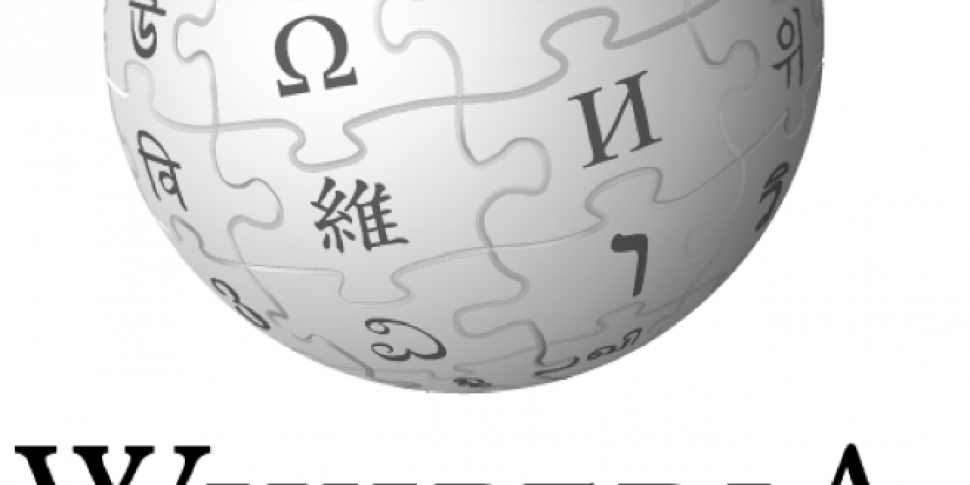The collaborative nature of Wikipedia means that it is inevitable that editors disagree on certain points and opinions on any one of the millions of pages.
And when it comes to controversial topics in the realm of politics and religion, there is no escaping disagreement and rancour.
Researchers from the Oxford, Budapest University of Technology and Economics, Rutgers in New Jersey and Budapest's Central European University looked into the subject.
Analysing millions of pages in 10 different languages, and focusing on pages that have had the most words and phrases removed and re-instated, they were able to pinpoint the topics that stirred up the most controversy between editors.
The results were perhaps unsurprising with politics and religion a point of conflict between editors.
The 10 languaes studied were English, Spanish, French, German, Hungarian, Romanian, Arabic, Hebrew, Czech and Persian.

Cluster View of the overlap structure of the most contested Wikipedia pages in English, German, French and Spanish as published in the draft report. ©Scarecrow Press
And from those 10 languages the most controversial topics were God, Israel, the Holocaust and Adolf Hitler.
But each language group also had individual quirks.
For English language pages George W Bush, Jesus, circumcision, anarchism and Muhammad were the subject of "edit wars".
For French pages it was former Presidential candidate Segolène Royal, Jesus again, September 11th attacks and Islamophobia.
Hungarian editors appeared concerned by perceptions of 'Gypsy Crime', atheism and the Hungarian far right, while Czech's battled over homosexuality, homophobia, Jesus and communism.
In the volatile Middle East, there did not appear to be overlapping battlegrounds between Hebrew and Arabic editors.
Muhammad, Syria and Egypt was high on the agenda for editorial conflicts in the Arab language, while Hebrew editors made changes to the 2006 Lebanon War, Benjamin Netanyahu and 'Chabad Messianism'.









